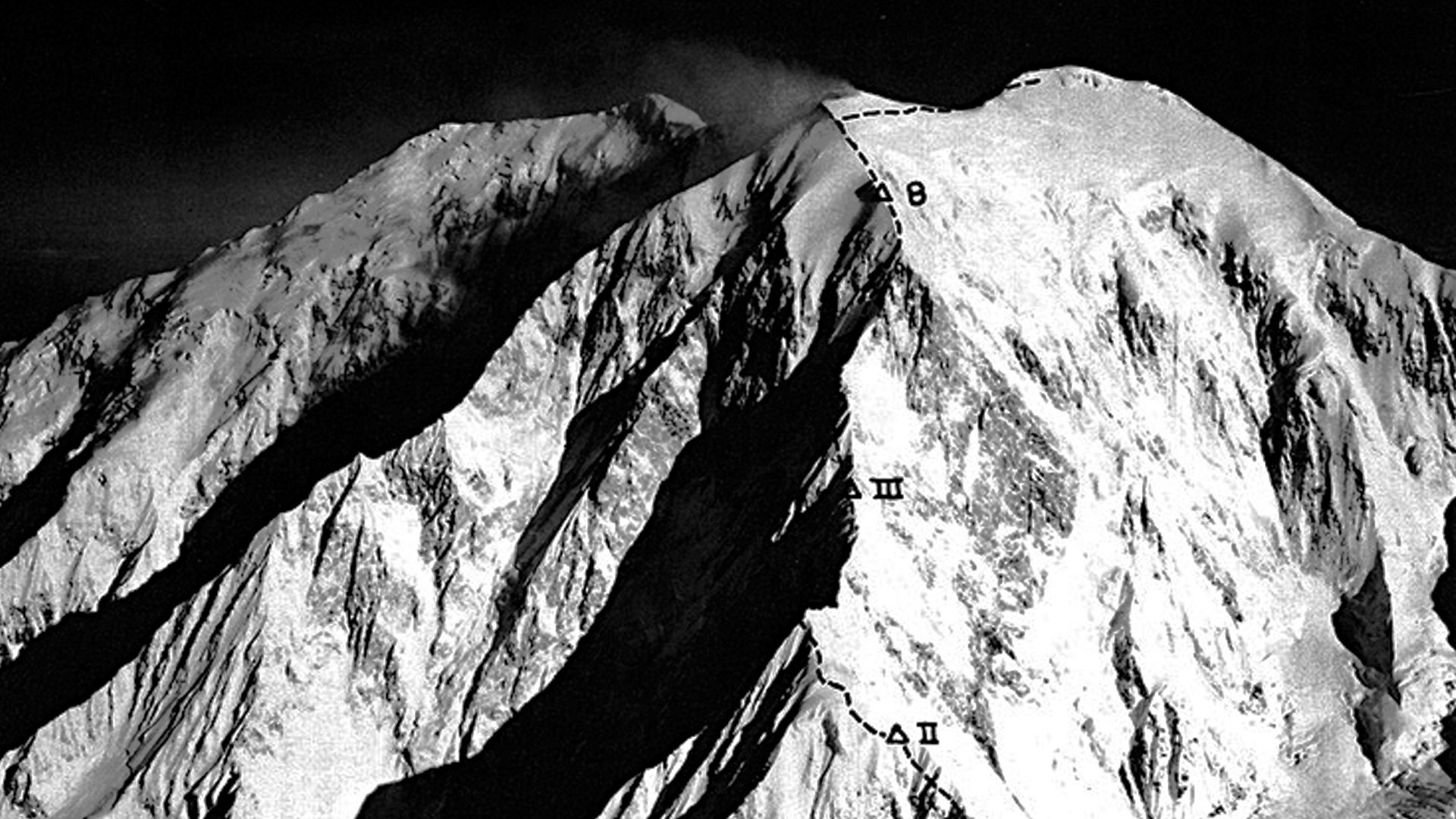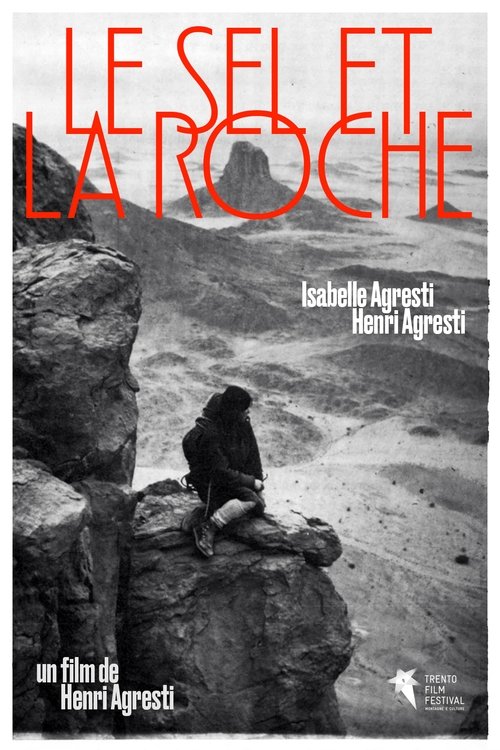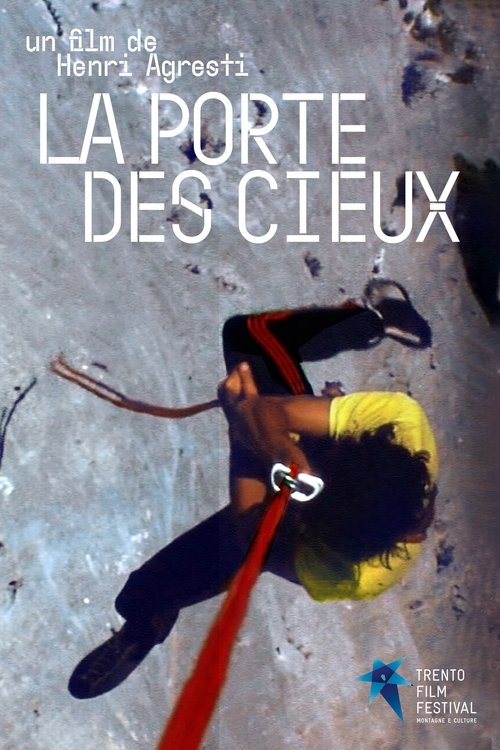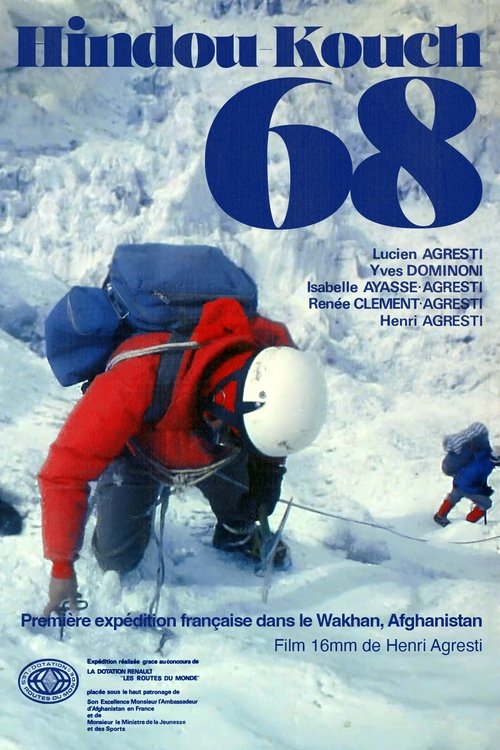
Isabelle Agresti
Isabelle Agresti is a French mountaineer and professor of classical literature who participated in high-altitude expeditions and is recognized for her commitment to promoting the place of women in the history of mountaineering. With her husband, Henri Agresti, they formed a high-level mountaineering team, conquering peaks in the Alps and around the world, achieving numerous firsts in the 1970s. They have four children, including Blaise Agresti, also a mountaineer and mountain advisor to the General Directorate of the Gendarmerie.
They traveled to Afghanistan twice, in 1966 with Polish troops, and in 1968 (the first all-French expedition), where they spent more than two months. Two months there, but a total of three and a half months on the expedition, as they traveled there in a 4L, crossing Iran, Iraq, Jordan, Syria, Turkey, Bulgaria, Yugoslavia, and Italy! They made several first ascents, some of which would never be repeated, and their expedition led to a film and a 41-page booklet, "Arid Mountains of the Wakhan." In the 1970s, they developed a passion for the mountains of the Hoggar massif in Algeria and completed several route openings, including the Agresti dihedral, a daring route of the 1970s, opened in about ten days using artificial ascents. The couple published numerous books and mountain guides and gave numerous lectures throughout their lives.
Her career also contributed to the memory of women's mountaineering through publications and initiatives aimed at highlighting pioneers who had long remained in the shadows of official historiography, such as the day in 1979 in Chamonix, when she immortalized in a photograph the meeting of the first three women to climb Everest: Junko Tabei, Phanthog, and Wanda Rutkiewicz, an event hailed as symbolic for the recognition of female mountaineers.





